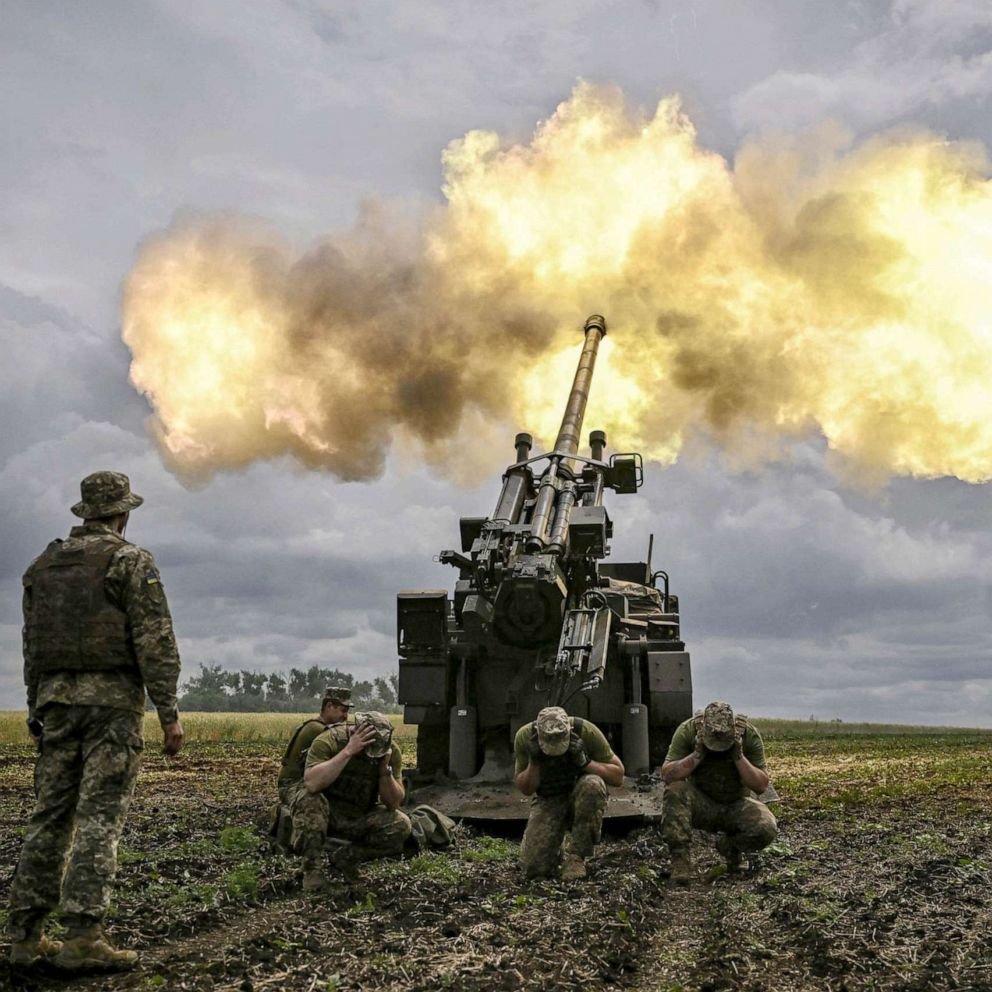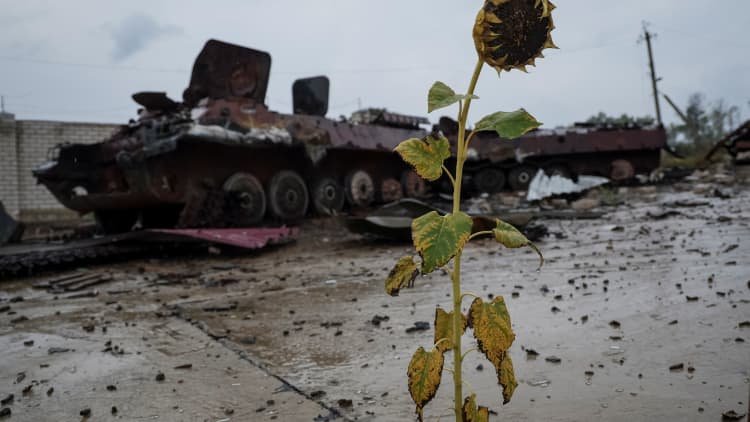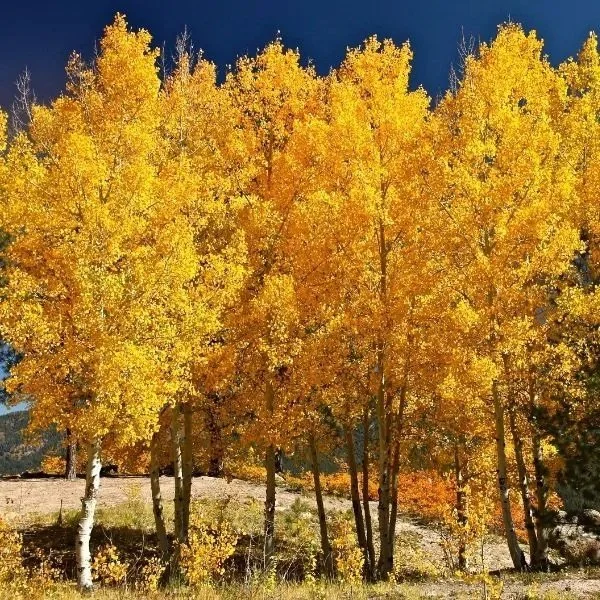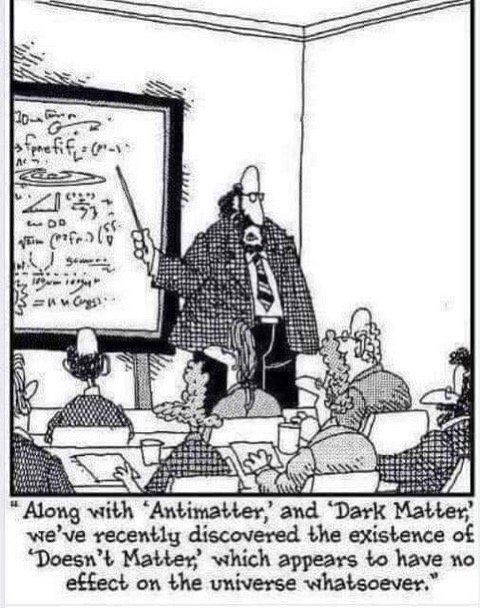Chapter 16
“The Dark Knight”
Godric awoke from his feverish, dream-filled sleep when the sun rose over the mountains in the east behind the island and lake. The small blanket he had used to cover his chest and arms was rumpled and damp with sweat, though his fever was gone. Godric looked around as if expecting to see the woman he had rescued, but all he found was the sword he had purchased with the last coin. The sword of fire and its purple scabbard were on the blanket beside him.
Aspen, he saw, was awake near the old oak, busy nibbling grass. Godric looked up and found the large crow flying down toward him. Philip landed on the grass beside Godric, cocked his head to look up at the Prince. “Morning, Boss.” Philip noticed the mended sleeve on the Prince’s jacket, decided that discretion might indeed be the better part of valor, and said nothing about the patched cut. “Sleep well?” your highness, he asked instead, trying not to look at the jacket.
“Well enough,” replied the Prince though he still felt somewhat disoriented, the after effects of the fever, he supposed. “You haven’t seen the woman who was here last night, I suppose?”
Philip looked around. “There was a woman here last night? I don’t remember that. Are you certain?”
“Yes. She had seven small caskets with coins on the lids. I had to choose three of them. Each took me to a different place. More magic, perhaps. I found the woman again in the last place, but I only have the sword I got there, some evidence of the adventure, that it was somehow real.”
“That the sword?” asked Philip, bounding over Godric to the far side of the blanket for a better look. “I can feel the magic of it. It’s a potent weapon, I should think, but do you really need two swords?”
Godric looked down. The sword he had brought from the castle had disappeared from his side in the night, replaced by the new sword. “My other sword’s gone. I have only one, it seems, though this one is as sharp and powerful as the other.”
“I hope so,” said Philip. “But now, what are we going to do about getting to the island?”
“First thing, a little food. Then you might fly out to the island and see if there’s any way to get there.”
“Sounds like a plan, Boss.”
The Prince rooted around in the knapsack, brought out a generous portion of food, which he shared with Philip. When they were done eating, Godric led the horse to the lake, took off his clothes and walked in, where he scrubbed the remnants of the night away. Philip followed the Prince to the lakeside and drank his fill. When the Prince was done with his bath, he stepped out of the cool water and used a portion of the blanket to dry himself. That done, he dressed, led the horse back to his camp, saddled her, repacked the food and supplies, buckled the new sword to his belt and looked around for Philip who had taken off for the island.
In the distance the Prince could see the bird circling in the air above the island. When Philip returned in a great state of excitement, he settled onto a branch of the oak at beside Godric. “Hey, Boss. You aren’t going to believe this, but the buildings on the island appear to be empty. No one’s moving out there anywhere, as far as I could tell. Furthermore, the island itself has moved from where it was yesterday. In fact it’s moving now, floating. The place looks haunted! You sure you still want to go there?”
The Prince looked out at the island which did seem to be in a different location than last evening. “If that’s the City of Ardor, then that’s where we are going. You can stay here if you wish, I will try to find a way out there.”
“All right. If you’re going so am I,” replied Philip.
“Good! It looks as though the City gate is to the north. Let’s go that way then and see what we find.”
The Prince mounted Aspen and set her head north around that side of the lake. When he and Philip were parallel with the gate, he saw that a good-sized barge had set out from the City. No one guided it, but it had a large red and black striped sail in the center and the barge was moving through the water toward the Prince.
The Prince watched its silent progress until it reached the shore. He saw there was enough room for his horse; he dismounted, led her onto the barge as well, which settled more into the water with their weight.
“I warned you, Boss! It’s an enchanted island. Who knows what awaits us out there! This is pretty scary stuff! Are you sure that thing is safe? How do we guide it?”
The Prince laughed. “It made it here on its own; I reckon it will make it back since it looks as though it was sent for us.”
“Yes, but by whom? That’s the problem.”
“Come on,” gestured the Prince. “Fly over here, sit on the saddle, and quit shaking.”
When Philip had done what the Prince asked, the barge backed away from shore, reversed itself and started back toward the seemingly enchanted island. The Prince fell into a brown study, and Philip for once stayed quiet, though he wondered what or about whom the Prince was thinking.
The barge bumped against a ramp that extended down to the water, shaking the Prince out of his melancholy reverie.
“You okay, Boss?”
“Yes,” replied the Prince as he led his horse off the barge and toward the gates of the City, which swung open as they approached. He wondered what he would find here, whether it would involve another battle or another rescue. He thought about the two women, Elesandra/Elisandra (wretched Imp!) and Raissa. He also wondered whether either woman was real or if he were being led into some kind of demonic trap.
The stout gate was made of wood reinforced with metal strips; the gates were held in place by black triangular hinges fastened into the arch and walls of the City. Suddenly a voice rang out before him. “Welcome to Ardor, young Prince. Have you come to court our Princess, overthrow our King or perhaps to battle the Dark Knight and win renown?”
Godric looked for the source of the voice that seemed to fill the air around him. No one was visible. Philip, still crouched on the saddle, grumpily croaked out “Magic!” And tucked his head under his wing. Godric looked at him and laughed. “I came to court the Princess,” he said in a loud voice. Before him were buildings made of red brick and stone block, several stories tall. As Philip had said, the buildings looked empty. Before him was a wide street and the dark windows of the buildings appeared to be vacant eyes looking out on nothing. The doors of the buildings were solid wood.
The voice responded, the words again rippling the air around Godric: “Mount your horse. To court the Princess you must first meet the Dark Knight who awaits you at the end of the street.” Philip pulled his head from under his wing as the Prince swung back into the saddle. “I told you this was a scary place, but you had to come! Beauty is worth it,” you said.
“Hush, Philip! Fly up to the roof of that smaller building and keep an eye on things down here. Go on.” Philip did as he was told, flying up, landing on the building roof, perching on the edge of the building, looking down on the street.
“Good!” said the Prince, watching the bird’s flight. When he looked back at the street, he saw a horseman at the other end of the street, standing before the towering City castle, dressed in black armor, riding a black horse. In one hand he held a long, pointed ebony lance; in the other his horse’s reins. The black horse impatiently pawed the ground, his hooves striking the cobblestones sounded like thunder.
“I have no armor, no lance,” spoke the Prince into the emptiness around him. No sooner spoken than he found himself holding a long solid lance with a sharp bronze tip. The lance was heavy thick wood, but the Prince used his right hand to level it, his left on the reins, like his counterpart at the end of the street.
No sooner had he leveled the lance than he saw the Dark Knight spur his horse forward, the horse’s hooves throwing sparks as the well-shod horse’s hooves hit the street. Godric used his knees to urge Aspen into a gallop as well. The two riders met with a crash in the center of the City street. Godric had used his lance to move the Dark Knight‘s lance away from him so that his own lance could strike the knight’s armor, which it did and sent him tumbling off his horse. The knight got slowly to his feet and drew his sword from a black scabbard; his horse continued down the road and disappeared into the distance.
Godric swung off Aspen and drew the new sword from the colorful scabbard, dropped the reins, and moved toward the Dark Knight. “Do we really need to do this?” asked Godric. “You went down. That should be it.” The Dark Knight said nothing, only advanced on Godric, who kept his sword leveled at the approaching figure. Once again he found himself in a serious sword fight. Both men swung their swords with a resounding crash, swung them back and struck again. Sparks flew from the onslaught, as Godric sought to press his opponent back and send him back to the ground. The fight went back and forth for several minutes, until the Dark Knight raised his sword above his head to bring a blow down on Godric’s unprotected head. Godric saw his opponent’s sudden vulnerability and swung his own sword into the Dark Knight’s waist. The Knight let his sword fall to the street with an ominous clatter, seemed to clasp his stomach, but then collapsed onto the street.
Godric went to him, raised the visor of his black helmet, and saw nothing. He kicked the armor and sent the breastplate flying across the street, but the suit of armor was empty. Godric had been fighting nothing, no one, an empty suit of armor. In the distance he heard the sound of steady laughter. He returned his sword to its scabbard, walked to his horse and picked up her reins. Philip flew from the roof down to the saddle. “Well fought, your highness. But what do we do now?”
“There’s a large castle at the far end of the street. There’s where we go from here! Perhaps we’ll find some answers there!”
Image: not the Dark Knight! He’s Looney Tune’s Taz!

























